Publications
Articles, publications, books, tools and multimedia features from the U.S. Institute of Peace provide the latest news, analysis, research findings, practitioner guides and reports, all related to the conflict zones and issues that are at the center of the Institute’s work to prevent and reduce violent conflict.
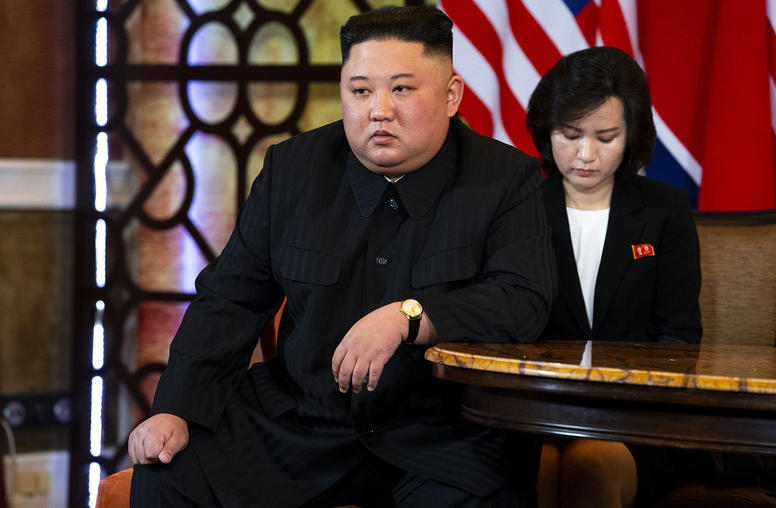
A More Resilient North Korea in the Post-Pandemic Era
North Korea in the post-pandemic era is becoming increasingly resilient and authoritarian, and less reliant on conventional interactions with the international community. As a result, the U.S. government may need to reconsider its reliance on sanctions as a means to influence the regime in Pyongyang.
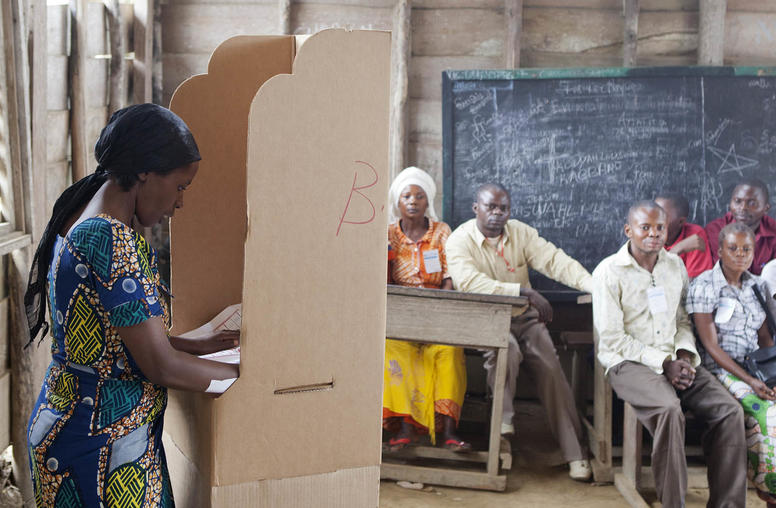
Can the DRC Hold Free and Fair Elections Amid Mass Displacement?
On December 20, the Democratic Republic of the Congo (DRC) is holding its first elections since the peaceful — but contested — transfer of power in 2019 from former President Joseph Kabila to current President Felix Tshisekedi. The elections come amid a climate of instability throughout the country, underpinned by conflict in the eastern regions, economic and social crises, and mistrust between the government and opposition. USIP’s Wapoenje Dacruz Evora and Elizabeth Murray examine the major candidates and the issues most important to voters, the risk for violence during the electoral process, and whether free and fair elections are possible given the mass displacement of civilians in the eastern DRC.
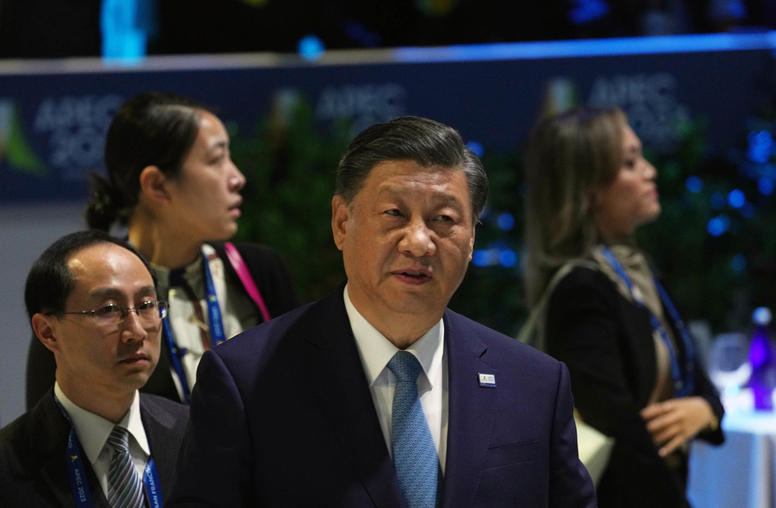
Implications of Xi’s Power Concentration for Chinese Foreign Policy
Chinese foreign policy is clearly in Xi Jinping’s grip. Xi’s power concentration has given him a strong personal and institutional capacity to chart a new course for China’s approach to its international relations. But he is also prone to make mistakes, increasing Beijing’s foreign policy incoherency.
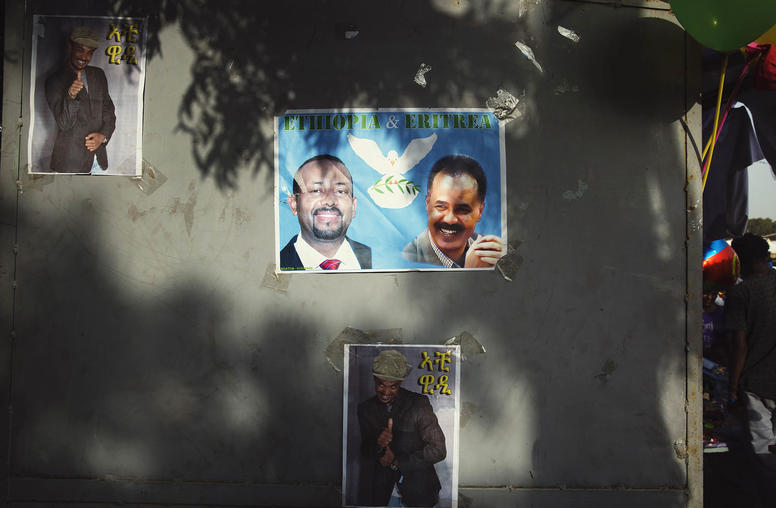
Taking Ethiopia-Eritrea Tensions Seriously
The historically fraught relationship between Ethiopia and Eritrea is deteriorating once again. A seemingly momentous peace deal that brought the two sides together in 2018 now appears to have been a brief interlude in a longer arc of enduring rivalry. The sources of recent tension include Ethiopian Prime Minister Abiy Ahmed’s public posturing around sea access and dynamics seeded by the 2018 peace deal itself. Neither side can afford escalation, but open conflict remains a possibility and even outcomes well short of direct hostilities — perhaps a return to the “no war, no peace” situation of preceding decades — would be disastrous for the two nations and the broader region.
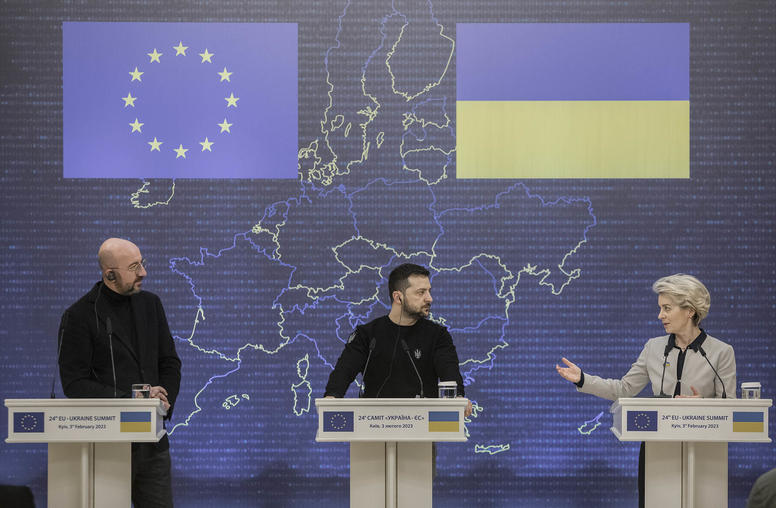
A ‘Monumental Step’ on Ukraine’s Path to Europe
In a surprise move, the European Union on December 14 agreed to start accession talks with Ukraine. Ukrainian President Volodymyr Zelenskyy described the news as “a victory of Ukraine … a victory that motivates, inspires and strengthens.”

Kathleen Kuehnast on a Survivor-Centric Path to Ending Sexual Violence in War
Conflict-related sexual violence “not just violates the physical, but the mental and social integrity of societies.” To address this crime, USIP’s Kathleen Kuehnast says we need a survivor-centered approach: “Survivors are experts, they need to be [present] at every part of our understanding and … policy-shaping.”
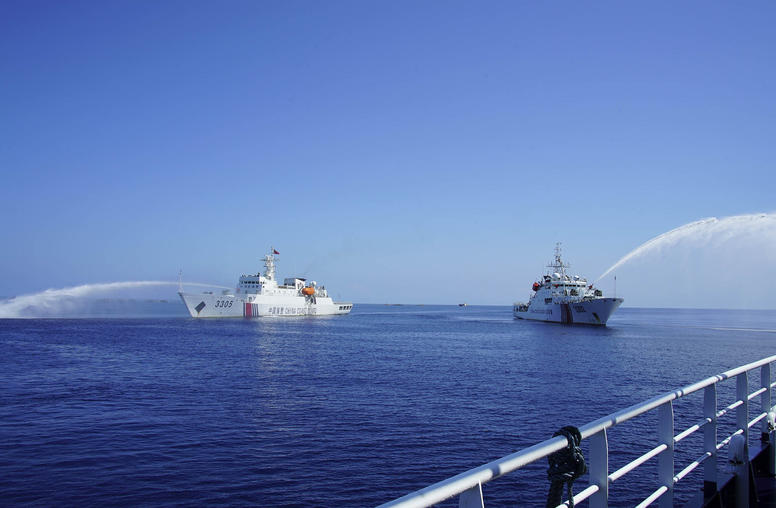
Rising Tensions between China and the Philippines in the South China Sea
For the past several months, China has been steadily increasing its pressure on the Philippines in the disputed waters of the South China Sea. In particular, China has actively interfered with the small Philippine garrison posted to Second Thomas Shoal. A vigorous U.S. response is required to deter further Chinese escalation.
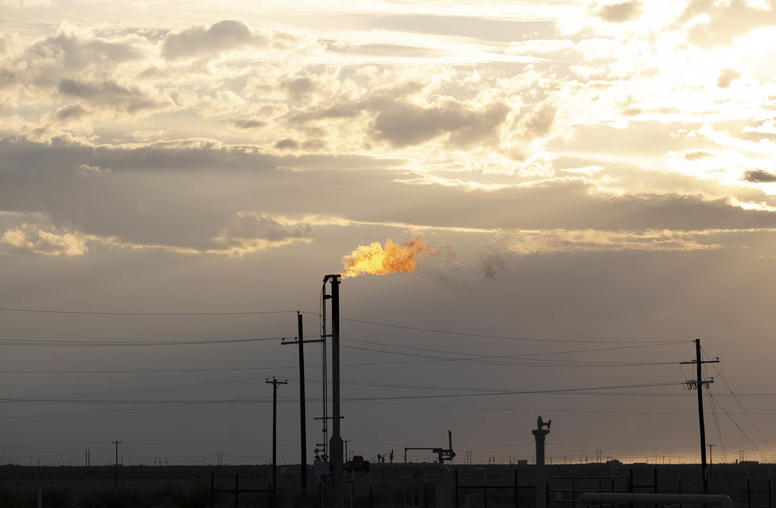
At COP28, Transitioning Away from Fossil Fuels, But No Deal on a Phase Out
Few people expected much progress at the 2023 U.N. Climate Change Conference of Parties (COP28) following contentious discussions around the development of a new Loss and Damage Fund, a grim Global Stocktake report detailing exactly how far away the goals laid out in the Paris Agreement still are and questions about the intentions of the conference chair who came from the oil and gas industry. However, the agreement signed on December 13 makes surprising progress in a few key areas, while still leaving much to be desired.
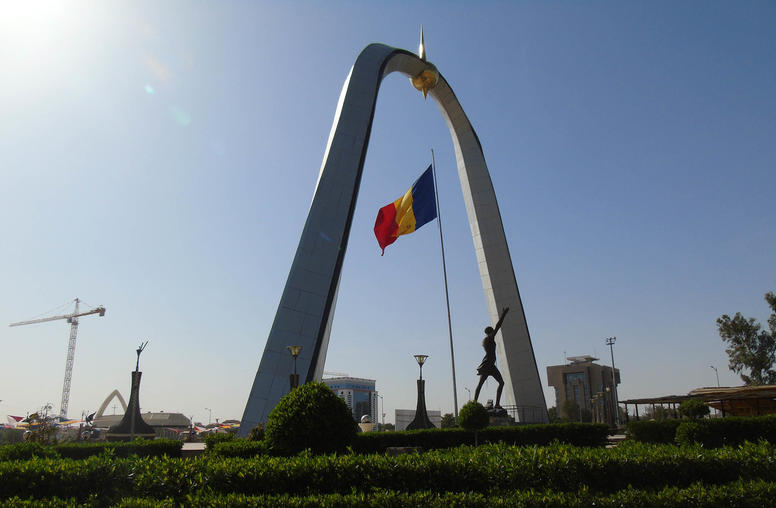
Chad’s Political Transition at an Inflection Point
On December 17, Chadians will vote in a referendum to approve a new constitution for the country nearly three years into a protracted, at times turbulent political transition process. The constitutional referendum is expected to pave the way for President Mahamat Déby to run for president in the 2024 national elections after leading the country since 2021, and adjust Chad’s system of governance to be a unitary, non-federal state with increased decentralization and territorial autonomy.

La Transition politique du Tchad à un Tournant décisif
Le 17 décembre, les Tchadiens voteront lors d'un référendum visant à approuver une nouvelle constitution pour le pays, près de trois ans après le début d'un processus de transition politique prolongé, parfois agité. On s’attend à ce que le référendum constitutionnel ouvre la voie à la candidature du Président Mahamat Déby aux élections présidentielles de 2024, après avoir dirigé le pays depuis 2021, et un ajustement du système de gouvernance tchadien vers un État unitaire non-fédéral, avec en théorie une décentralisation et autonomie territoriale plus accrue.